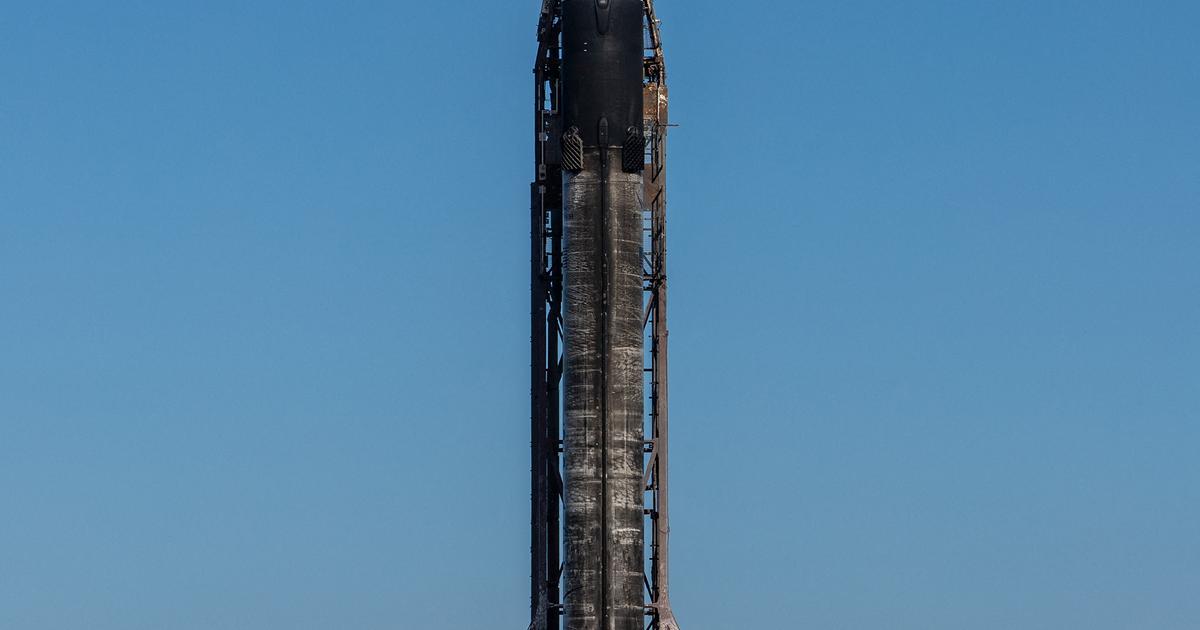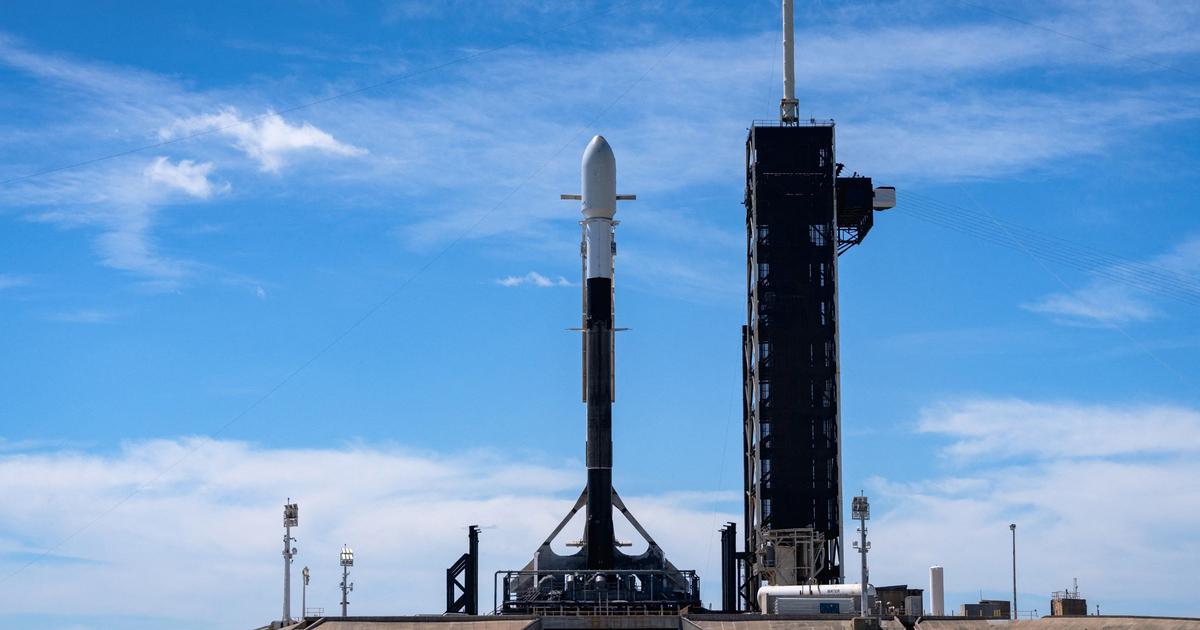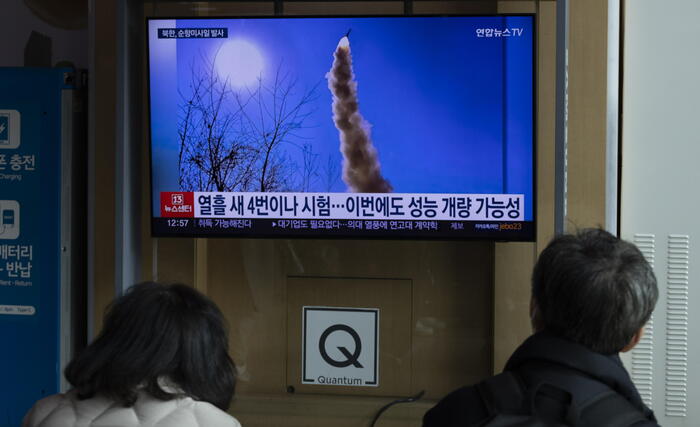The Korea Satellite Launch Vehicle II, a 47.2-meter-long, 200-ton rocket with its six liquid-fueled engines, called Nuri, lifted off from the Goheung launch site at 4 p.m. local time on Tuesday.
South Korea says it has successfully launched its domestically produced Nuri space rocket.
It's the country's second attempt at such a launch, after it failed to place a dummy payload into orbit last October.#SouthKorea #rocket #space #Nuri #OurWorld pic.twitter.com/SdSLcAPswY
— Our World (@OurWorl91027476) June 21, 2022
This second test comes eight months after the failure of the first launch during which the rocket failed to send its dummy payload into orbit, which was a setback for Seoul.
All three stages of the rocket had operated, bringing it to an altitude of 700 kilometers, and the 1.5 ton payload had successfully separated.
But she had failed to put a dummy satellite into orbit, the engine of the third stage having stopped working earlier than expected.
This time, "it seems that everything is going as planned", launched a commentator.
A few minutes after liftoff, the dummy satellite separated from Nuri.
The launcher must also place in orbit a rocket performance verification satellite and four satellites developed by four local universities for research purposes.
This entry into the race for the conquest of space by South Korea comes after ten years of research at an estimated cost of 1.46 billion euros.
Despite strong performances in technological sectors, South Korea had so far always lagged behind in the conquest of space, where the Soviet Union had led the way with the launch of the first satellite in 1957, closely followed by United States.
In Asia, China, Japan and India have developed advanced space programs.
Korea's stated goal is to send a lunar orbiter next year and land on the Moon by 2030.














